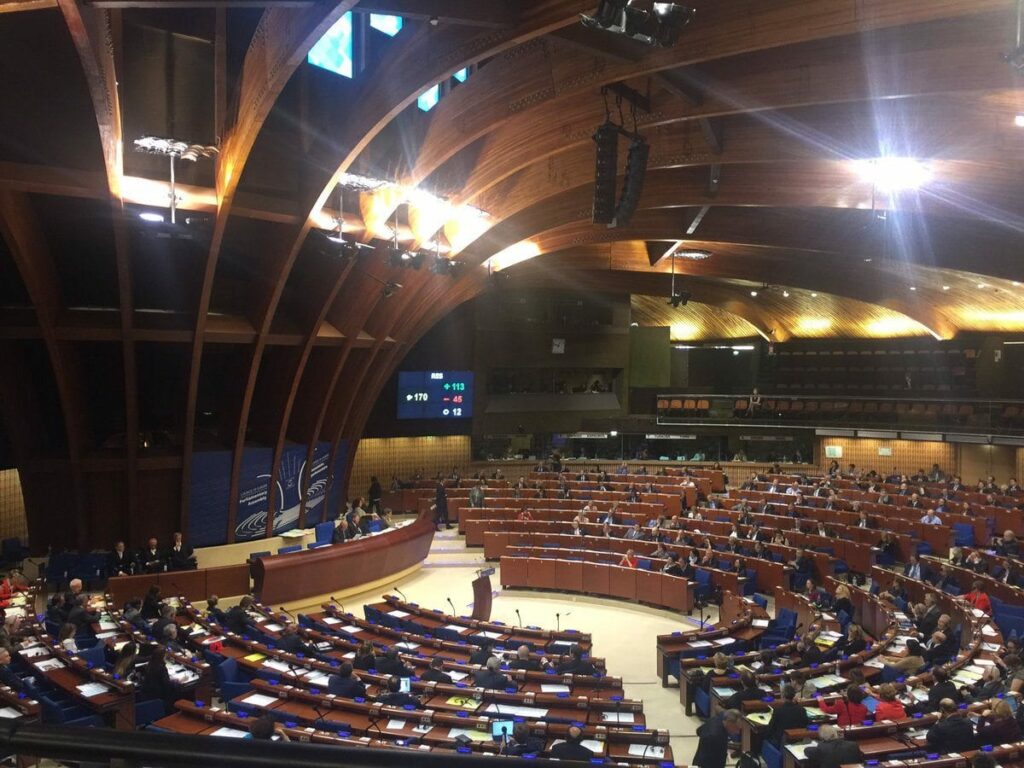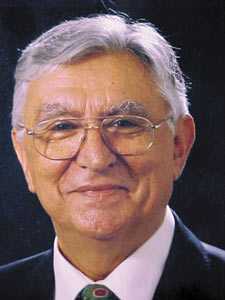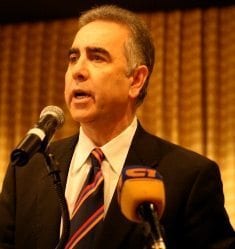For years, the government of Azerbaijan has been showering politicians and dignitaries from around the world with expensive gifts, such as silk carpets, gold, silver, caviar, cash, and all-expense paid trips in exchange for their votes in favor of Azerbaijan and against Armenia and Artsakh (Karabagh). This illicit practice is so prevalent that Europeans describe it as “caviar diplomacy.”
Even though this bribery goes on behind closed doors and it is disclosed neither by Azeri officials nor by crooked foreign politicians, once in a while it comes to light. We should all remember that what is disclosed is a tiny portion of the large amount of bribery doled out to Baku visitors, officials in various countries, and those serving in international organizations like the United Nations.
Recently, a great scandal was exposed in the Council of Europe involving millions of dollars of cash given to some of its members in return for defeating decisions critical of Azerbaijan or supporting unfavorable reports on Artsakh.
As a result, Transparency International, the world’s largest anti-corruption group, has called on the Council of Europe to investigate serious allegations of corruption. The European Stability Initiative (ESI) also accused Azerbaijan of unduly influencing Council of Europe decisions by transferring huge sums of money and other favors to key parliamentarians. ESI urged that an independent investigation be conducted to look into the PACE vote in 2013, rejecting a highly critical report of political prisoners in Azerbaijan and the role of members of that country’s delegation.
The Guardian published a lengthy expose on April 20, 2017, titled: “Fresh Claims of Azerbaijan vote-rigging at European human rights body.” Two high ranking officials of PACE (Parliamentary Assembly of the Council of Europe) have informed The Guardian about PACE members receiving bribes from Azerbaijan in exchange for votes in favor of that country. PACE is composed of 324 Parliamentarians from 47 European countries, including Azerbaijan, Armenia, Georgia, and Turkey.
Arif Mammadov, a former Azerbaijani diplomat informed The Guardian that a PACE member was given over $30 million by the government of Azerbaijan to hand out as bribes to other PACE members. “Tobias Billström, a Swedish delegate to the assembly and former justice minister, said ‘very credible members’ had told him they had been offered bribes to vote in a certain way. He is one of 64 parliamentarians to have signed a resolution calling for an independent investigation into ‘serious and credible allegations of grave misconduct’ centered on an Azerbaijani vote,” The Guardian reported.
“The claims were first laid out in a 2012 report by the European Stability Initiative think tank, but have gathered momentum since Italian prosecutors began investigating a former chair of the center-right group, Italian deputy Luca Volontè. He is accused of accepting €2.39m [$2.6 million] in bribes from Azerbaijan in exchange for supporting its government in the Council of Europe. He faces a trial for money laundering, and Milan’s public prosecutor is appealing a decision to drop a corruption charge against him. He has always denied any wrongdoing,” according to The Guardian.
Even the President of PACE, Pedro Agramunt, is in trouble because he has refused to open an investigation into Azerbaijan’s bribery scandal. His recent trip to Syria has increased the number of PACE members who have called for his resignation. Since Agramunt cannot be fired under the Rules of Procedure, the PACE Bureau censored him last week by resolving that he is not authorized to make any official visits, attend meetings or make any public statements on behalf of the Assembly in his capacity as President. He is expected to resign shortly.
Furthermore, the Council of Europe launched an investigation in 2015 into Azerbaijan’s compliance with the European Convention on human rights, the first such inquiry into a member state in the last 25 years!
It is shameful that PACE, a body created to champion human rights, is falling victim to the Azeri dictator’s bribery schemes. These allegations undermine the core values of the Council of Europe. It should be unacceptable that during previous Azeri elections when PACE members went there as observers, they surprisingly issued highly positive reports, whereas the rest of the international observers had very negative assessments. Such a contrast brought up concerns that Azerbaijan had managed to bribe the PACE observers to cover up the corrupt elections.
The Guardian concluded that “Azerbaijan uses the [PACE] assembly to add a veneer of legitimacy to the authoritarian rule of its president, Ilham Aliyev, who has ruled the country since 2003.”
Ignoring Azerbaijan’s abuses of bribery would mean that the Council of Europe could no longer be viewed as the guardian of human rights!











